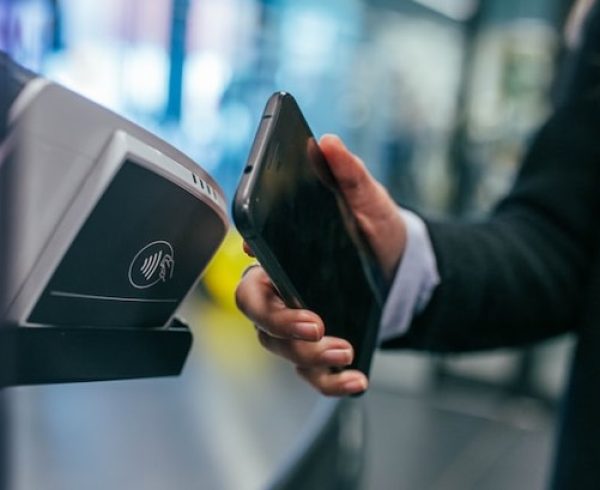As the global pandemic shows no sign of abating, banks around the world are beginning to realize that they’re in this for the long haul. For many industries, especially banking, the timing seems right to introduce new digital technologies. However, it shouldn’t be at the expense of the personal touch. If anything, it’s an opportunity to integrate the digital and human workforce to bring better experiences and deeper customer relationships.
Digitization is not simply a process of cost reduction but an opportunity to proactively improve the user experience.
The Hyper-Personalized Bank
Netflix and Amazon have become the masters of using technology to personalize their offerings. As a result, consumers have become used to personalized products and digital experiences that are tailored specifically to them. There’s no reason consumers shouldn’t expect the same from their financial institutions. Hyper-personalized experiences are rapidly becoming the norm and banks must meet customer expectations head-on. This is a great opportunity to get closer to the customer and improve the user experience.
While it’s expected that 55% of consumers will increase their interaction with their financial institution through apps, the human touch can’t be replaced. A more personalized experience doesn’t mean a less personal experience.
Given that consumer habits are changing because of the pandemic, how can banks employ a customer-centric strategy that’s more personalized, authentic, and empathetic?
Provide Flexible Solutions
Customers need to feel they’re supported during the crisis. They will require extended support, flexibility, and empathy to help them get back on track. Create personalized contingency plans to reduce losses from defaults in credit payments (mortgage, car, credit cards, student loans, etc.). That could include temporary relief from hits to a customer’s credit report, waiving of late fees, or early withdrawal penalties.
Empower The Front-Line Staff
Give staff the freedom and flexibility to come up with creative solutions to solve individual customer problems. Hire and retain talent that is motivated, positive, empathetic, and agile enough to adapt to the rapidly changing environment. Employees may need to be retrained to help them understand and respond to the challenges faced by many customers.
Additionally, it’s likely banks will need to develop new policies and procedures that take into account the current situation with the understanding that many people are struggling and will continue to do so. Banks must show authentic empathy and compassion to customers facing hardships, while still making sound business decisions.
Develop Brand Loyalty
Banks have a tremendous opportunity to develop brand loyalty in new ways, whether that’s with personalized outreach or exceptional customer experience. For instance, banks can use this time to help customers become better prepared for another pandemic or similar crisis that throws the world into disarray.
Firms can also use customer data to offer personalized services, competitive pricing, and market offerings that will help their customers ride out the pandemic. Banks can no longer be generalists and hope that customers will stay. Instead, they need to become service providers offering seamless, personalized service, a compelling customer experience, and an emotional connection.
Mythos Group’s presentation, “Post COVID-19: Re-imagining Banking”, contains more detail on this and other recommendations, and is available to download for free from https://bit.ly/MG-White Papers.






